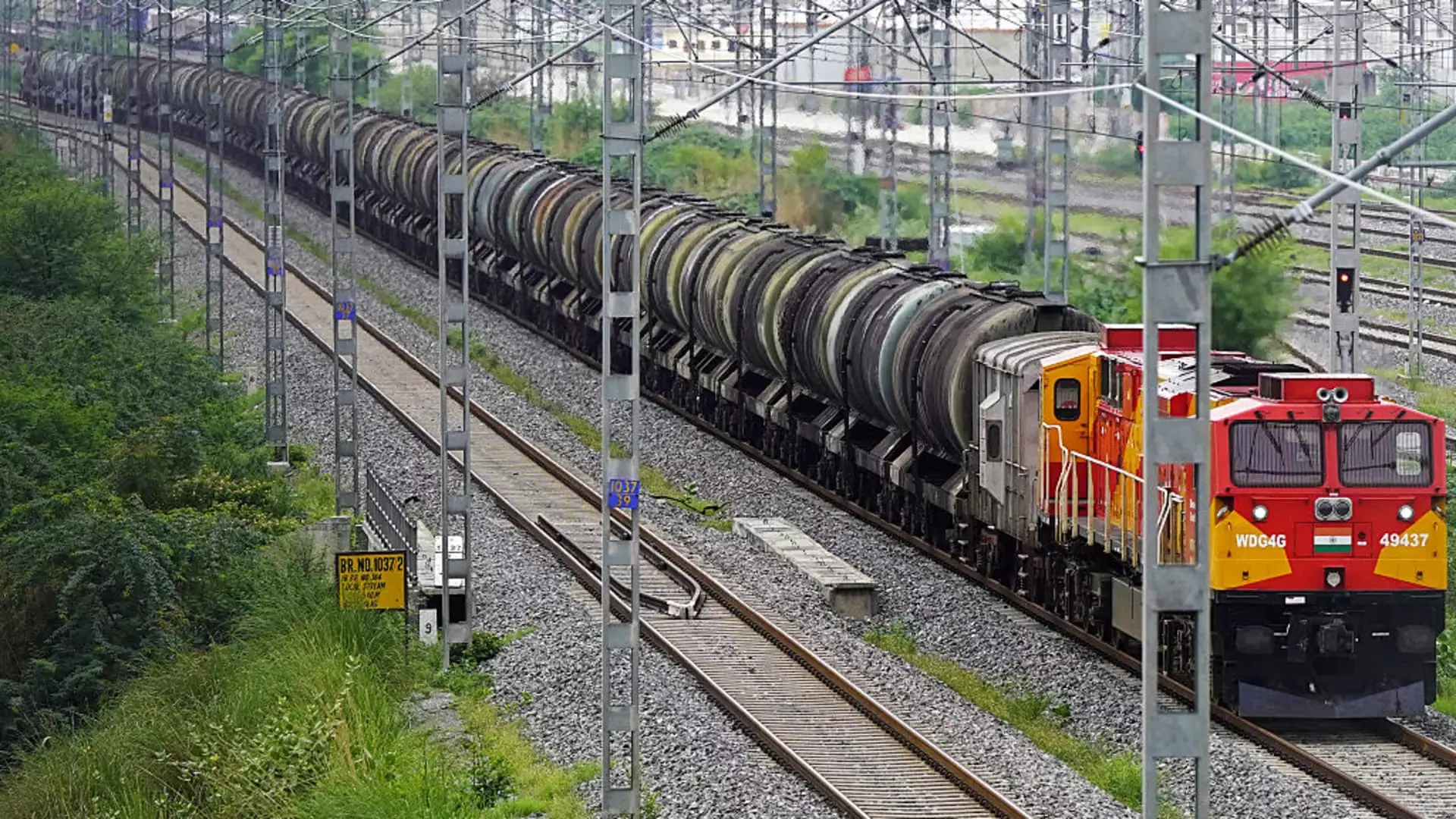In today’s interconnected world, the notion of absolute national sovereignty is increasingly illusory. The recent tensions between the United States and India over Russian oil emphasize a broader narrative: nations often find themselves caught between strategic pragmatism and ethical commitments. When India continued importing Russian crude amidst international sanctions, it highlighted not just a country’s economic calculus but also a complex web of geopolitical interests. To dismiss India’s actions as merely opportunistic is to overlook the importance of sovereignty in a globalized economy. Countries are compelled — or feel compelled — to prioritize their citizens’ needs, especially when energy supplies are at stake. The narrative pressed by U.S. officials suggests that nations like India are acting irresponsibly by trading with Russia; however, it is essential to realize that multi-layered realities rarely align with binary judgments of right and wrong.
The Illusion of Moral Superiority in U.S. Policy Enforcement
The intense rhetoric from U.S. trade officials, particularly Peter Navarro, reveals more about domestic political posturing than genuine concern for global order. Calling India’s oil trade with Russia “opportunistic” neglects the fact that enforcing sanctions uniformly across diverse economies is practically impossible. Washington’s push for higher tariffs and aggressive diplomatic pressure aims to assert moral superiority, yet it often ignores the nuanced motivations of nations seeking economic stability. The U.S. and its allies have crafted a narrative positioning themselves as moral arbiters, but this position grows increasingly hypocritical as the same Western countries continue their own illicit trades and diplomatic double standards. The insistence that India “act like a strategic partner” fails to acknowledge the reality that global alliances are built on mutual dependencies, not moral purity.
Strategic Realpolitik: Power Dynamics and the Erosion of Global Norms
The broader consequence of the U.S. stance is a dangerous erosion of international norms. By attempting to isolate Russia, Western powers inadvertently empower other major economies to circumvent sanctions through opaque trade channels. India’s trade with Russia, framed as “undermining international efforts,” underscores the limits of unilateral sanctions in a multipolar world. Equally troubling is the idea that global efforts to curb Moscow’s war economy hinge solely on the moral choices of individual nations. Realpolitik dictates that economic and diplomatic interests often outweigh ideological fidelity. In this context, Western sanctions risk fragmenting the global order they aim to uphold, fostering a climate where countries prioritize their survival over adherence to Western-defined morality.
Economic Necessity Versus Political Ideology
At the heart of this debate lies an uncomfortable truth: India’s reliance on Russian energy reflects more than opportunism — it is a pragmatic necessity. With European supplies diverted by conflict and a volatile energy market, India’s pursuit of affordable and reliable energy sources is understandable. To dismiss this as mere hypocrisy dismisses the urgent economic realities of millions who depend on stable energy. Moreover, the accusations from Washington overlook the fact that Western countries themselves continue engaging in trade with Russia, often under less transparent circumstances. The selective application of sanctions exposes a double standard that risks alienating emerging economies and fueling resentment against Western hegemony. In effect, the U.S. risk undermining its own influence by insisting on moral absolutism rather than pragmatic diplomacy.
Reevaluating the Role of Global Alliances in a Changing World
The core issue is not whether India should stop buying Russian oil, but whether Western powers are willing to accept a multipolar world where power is diversified and strict moral enforcement is unworkable. Instead of rallying divisively against India or expecting unwavering conformity, Western leaders should recognize the importance of flexible, pragmatic diplomacy. Heavy-handed tactics breed resistance and resentment, which weaken long-term alliances and global stability. Ultimately, the challenge lies in balancing moral values with global realities, fostering cooperation rather than enforcing unilateral economic sanctions that simply shift the balance of power.
The ongoing narrative around India’s oil trade exemplifies the dangerous arrogance of a global order that seeks to impose moral standards from a position of dominance. In a world where economic interests intertwine with geopolitical ambitions, true strategic leadership involves recognizing complexity, embracing dialogue, and accepting that sovereignty sometimes means making difficult choices without external condemnation. The future of global cooperation depends on moving from a moralistic battlefield toward a pragmatic approach grounded in mutual respect and shared interests, rather than ideological purity.

